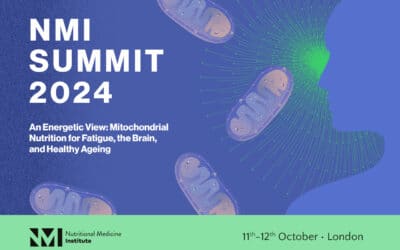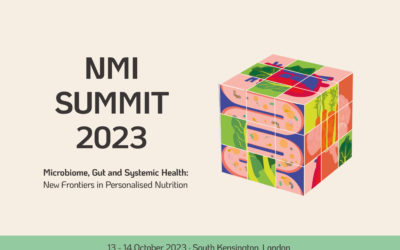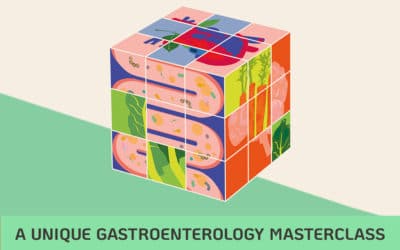A lead article in Nutrition Reviews examining the safety and efficacy of dietary supplements in pregnancy was made Open Access by a donation from NMI, increasing the visibility and accessibility of this scientific review.
The use of products such as multivitamins, single nutrients, and other dietary supplements prior to and during pregnancy is relatively common yet clear recommendations around the safety of nutrients in pregnancy is lacking.
However, nutritional supplements and foods have the potential to benefit maternal and foetal health so it may not be sensible to indiscriminately avoid nutritional supplements as some may be beneficial to mother and/ or the developing child.
A striking example of this is iodine. Mild to moderate maternal iodine deficiency has been associated with poor maternal thyroid function(1), impaired child neurodevelopment,(2) impaired cognitive development,(3) lower infant language skills,(4) and child attention-deficit/hyperactivity symptoms.(5) Iodine deficiency is a public health crisis in in the United Kingdom with 77% of women aged 18–25 years consuming dietary intakes below daily recommendations.(6) Food supplements are simple addition to healthy eating that can help ensure nutritional adequacy of iodine as well as other similarly important nutrients.
Dr Ciara Wright from the Glenville Clinic, Ireland and Benjamin I. Brown, ND published “Safety and Efficacy of Supplements in Pregnancy,” in the journal Nutrition Reviews to address concerns around the safety of nutrients in pregnancy while reviewing potential benefits and providing recommendations.
The publication can be accessed, for free, at https://doi.org/10.1093/nutrit/nuz101
References
- Abel MH, Korevaar TIM, Erlund I, et al. Iodine Intake is Associated with Thyroid Function in Mild to Moderately Iodine Deficient Pregnant Women. Thyroid. 2018 Oct;28(10):1359-1371.
- Abel MH, Caspersen IH, Meltzer HM, et al. Suboptimal Maternal Iodine Intake Is Associated with Impaired Child Neurodevelopment at 3 Years of Age in the Norwegian Mother and Child Cohort Study. J Nutr. 2017 Jul;147(7):1314-1324.
- Bath SC, Steer CD, Golding J, et al. Effect of inadequate iodine status in UK pregnant women on cognitive outcomes in their children: results from the Avon Longitudinal Study of Parents and Children (ALSPAC). Lancet. 2013 Jul 27;382(9889):331-7.
- Markhus MW, Dahl L, Moe V, et al. Maternal Iodine Status is Associated with Offspring Language Skills in Infancy and Toddlerhood. Nutrients. 2018 Sep 9;10(9).
- Abel MH, Ystrom E, Caspersen IH, et al. Maternal Iodine Intake and Offspring Attention Deficit/Hyperactivity Disorder: Results from a Large Prospective Cohort Study. Nutrients. 2017 Nov 13;9(11)
- Stephenson J, Heslehurst N, Hall J, et al. Before the beginning: nutrition and lifestyle in the preconception period and its importance for future health. Lancet. 2018;391(10132):1830-1841.




